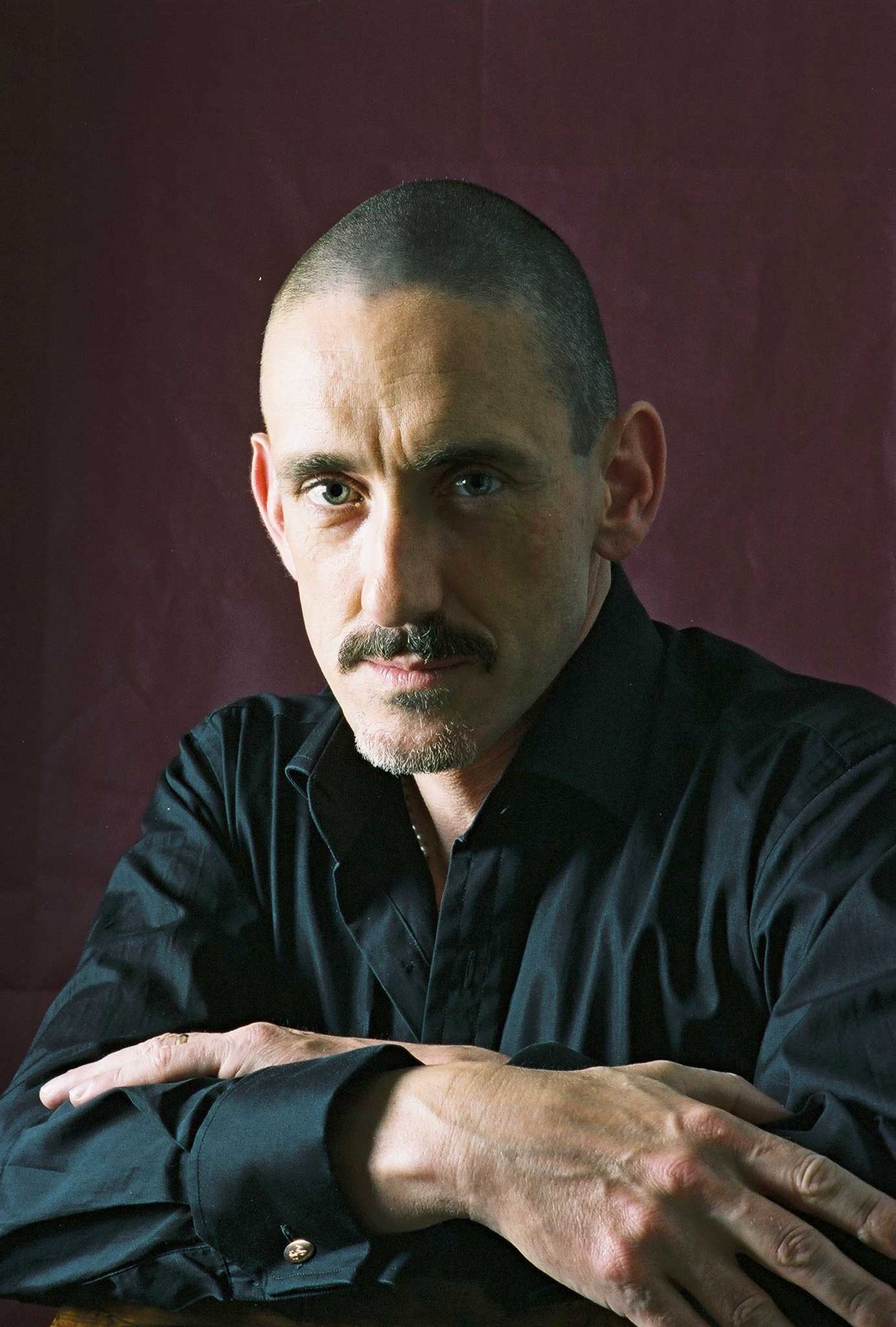The Disappearance Boy by Neil Bartlett, book review: A world of illusion and self-delusion

Your support helps us to tell the story
From reproductive rights to climate change to Big Tech, The Independent is on the ground when the story is developing. Whether it's investigating the financials of Elon Musk's pro-Trump PAC or producing our latest documentary, 'The A Word', which shines a light on the American women fighting for reproductive rights, we know how important it is to parse out the facts from the messaging.
At such a critical moment in US history, we need reporters on the ground. Your donation allows us to keep sending journalists to speak to both sides of the story.
The Independent is trusted by Americans across the entire political spectrum. And unlike many other quality news outlets, we choose not to lock Americans out of our reporting and analysis with paywalls. We believe quality journalism should be available to everyone, paid for by those who can afford it.
Your support makes all the difference.Reviewing his first (non-fiction) book Who Was That Man? back in 1988, Edmund White remarked that, "Neil Bartlett has grabbed history by the collar and made bitter love to it." It's been a tendency of his ever since.
In both his theatre work and novels like Skin Lane and Mr Clive and Mr Page, Bartlett has celebrated homosexual lives in times less tolerant than our own, reminding us that gay men were exploring their sexuality long before politicians voted to allow us to form legally-binding relationships. Put simply, Bartlett delights in taking that which was once hidden and making it clear for all to see.
For his latest novel, it's tempting to say that he does the opposite. Reggie Rainbow is the "disappearance boy" of the title – an angry young man stunted by childhood polio who finds employment with an illusionist called Mr Brookes, helping him to "disappear" a series of glamorous female assistants. The year is 1953 and the setting is Brighton, where Mr Brooks has been offered an unexpected and potentially lucrative slot at the Brighton Grand in the run-up to the coronation. Seduced by the sea air and the freedoms offered by a new start in a new town, Reggie begins to explore the possibility of a life less solitary, bonding with new assistant Pam and venturing out to places where men meet in search of physical pleasure and the chance of love.
Bartlett is a seductive narrator. The Disappearance Boy is written in an intimate, conspiratorial tone familiar to readers of his Costa-nominated novel, Skin Lane – repeatedly addressing the reader with phrases such as "as you will remember", "as I said", "if you know what I mean" and "I'm sure you know the kind of thing."
There's the sense that the author is letting us in on a secret, and this book is full of them – secret desires, secret doors, the secrets that make magic happen. Parallels are drawn between the techniques employed by professional illusionists and the games people play in order to make their lives more bearable. The main protagonists are all actors of one kind or another and the plot's many twists and turns hang largely on how convinced we are by their performances. Illusion and self delusion are rarely far apart.
Bartlett is particularly good at evoking the faded glamour of the theatre and the brittle egos that compete on and offstage. Given his own theatrical background, this is hardly surprising. But there are plenty of surprises here. To reveal more would give the game away. Suffice it to say, it's an entertaining routine and Bartlett pulls it off with aplomb.
Paul Burston's latest novel is 'The Gay Divorcee' (Sphere)
Join our commenting forum
Join thought-provoking conversations, follow other Independent readers and see their replies
Comments